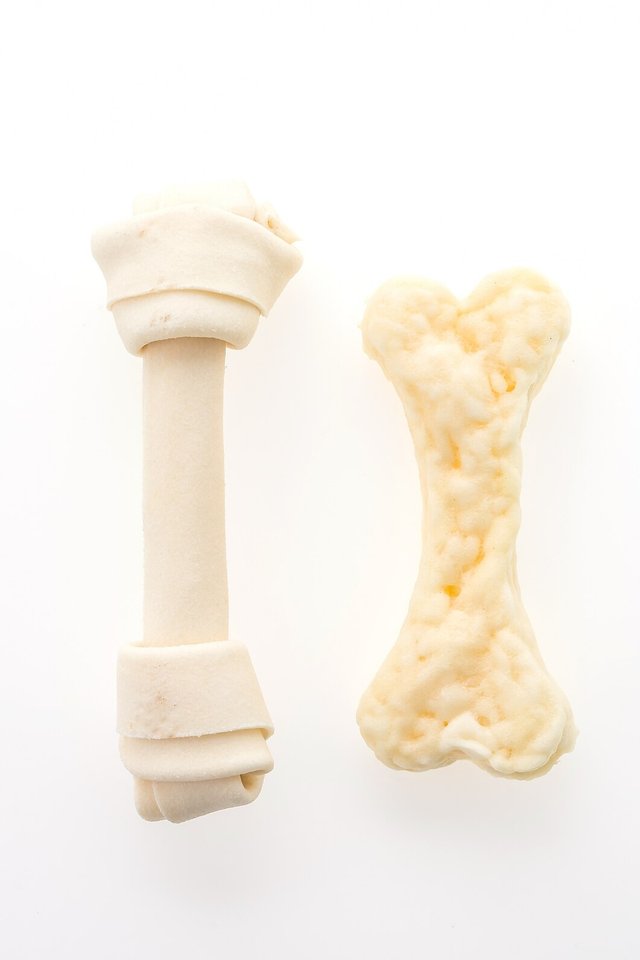Building Strong Bones: A Nutritional Guide"
Introduction:

Maintaining strong and healthy bones is essential for overall well-being and longevity. As we age, bone health becomes increasingly important, as the risk of fractures and osteoporosis rises. While exercise and lifestyle choices play a crucial role, a well-balanced diet rich in specific nutrients is equally vital for promoting strong bone tissue. In this article, we will explore the importance of nutrition in bone health and provide a comprehensive guide to incorporating healthy foods into your daily diet to support and strengthen bone tissue.
Calcium-Rich Foods:
Calcium is a key nutrient for bone health, forming the structural foundation of bones. Incorporating calcium-rich foods into your diet is essential for maintaining bone density and strength. Dairy products such as milk, yogurt, and cheese are excellent sources of calcium. For those with lactose intolerance or dietary preferences, calcium-fortified plant-based alternatives like almond milk and soy milk can be suitable options.Vitamin D for Calcium Absorption:
Vitamin D is crucial for the body's ability to absorb calcium efficiently. The best source of vitamin D is sunlight, as the skin synthesizes it upon exposure to sunlight. However, dietary sources like fatty fish (salmon, mackerel, and tuna), egg yolks, and fortified foods like orange juice and cereals can contribute to meeting the daily vitamin D requirements.Magnesium and Phosphorus:
Alongside calcium, magnesium and phosphorus are vital minerals that contribute to bone health. Foods such as nuts, seeds, whole grains, legumes, and leafy greens are excellent sources of these essential nutrients. Incorporating these foods into your diet can aid in maintaining bone structure and strength.Protein for Bone Maintenance:
Protein is essential for bone maintenance and repair. Lean sources of protein, such as poultry, fish, beans, and lentils, are ideal choices for supporting bone tissue. However, excessive consumption of high-acid protein sources, like red meat, may have adverse effects on bone health, so moderation is key.Omega-3 Fatty Acids:
Omega-3 fatty acids play a crucial role in reducing inflammation and promoting bone health. Fatty fish, flaxseeds, chia seeds, and walnuts are excellent sources of these beneficial fats. Incorporating them into your diet can contribute to improved bone tissue health.Vitamin K:
Vitamin K aids in the regulation of calcium and is essential for bone formation. Leafy green vegetables, broccoli, Brussels sprouts, and spinach are excellent sources of vitamin K. Ensuring an adequate intake of vitamin K can support bone density and overall bone health.Potassium-Rich Foods:
Potassium helps neutralize acids that can deplete calcium from bones. Fruits such as bananas, oranges, and avocados, as well as vegetables like sweet potatoes and tomatoes, are rich in potassium. Including these foods in your diet can help maintain a healthy balance of minerals in bones.
Conclusion:
Incorporating a variety of nutrient-rich foods into your daily diet is vital for promoting and maintaining strong bone tissue. A well-balanced diet, including calcium, vitamin D, magnesium, phosphorus, protein, omega-3 fatty acids, vitamin K, and potassium, is key to supporting bone health throughout all stages of life. Additionally, maintaining a healthy lifestyle, engaging in weight-bearing exercises, and avoiding excessive alcohol consumption and smoking will further contribute to optimal bone health. Consult with a healthcare professional or registered dietitian to tailor a personalized diet plan that meets your specific nutritional needs and supports your bone health goals. By prioritizing bone-friendly foods and lifestyle choices, you can invest in a healthier and stronger future for your bones.